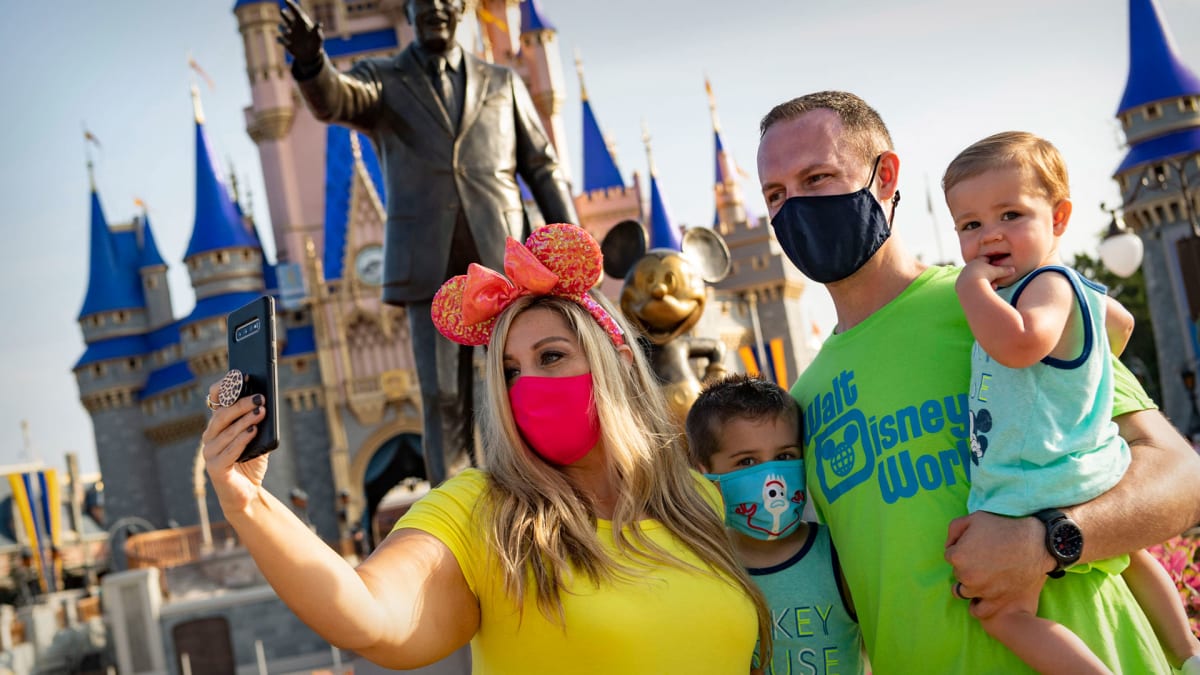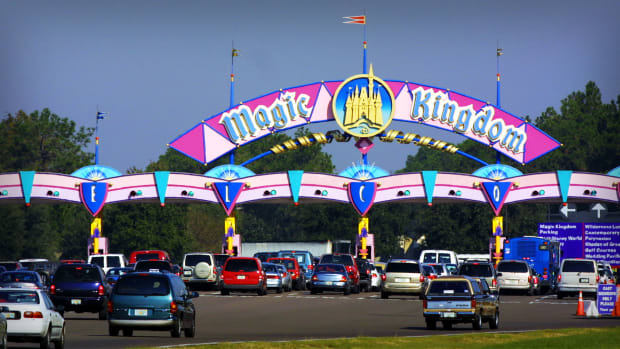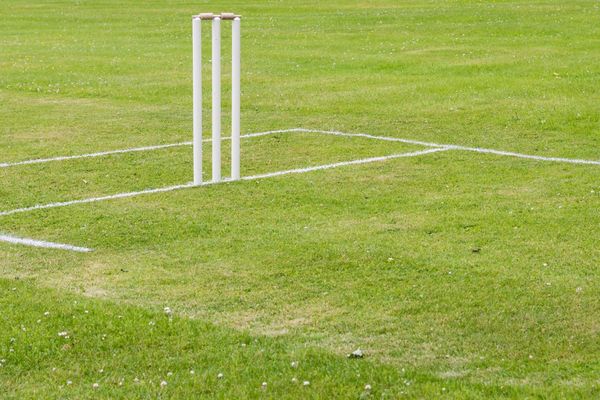
Before the covid pandemic, Walt Disney's (DIS) annual-pass holders could visit Magic Kingdom, Epcot, Animal Kingdom, and Hollywood Studios on any day their particular pass offered access. Passes were sold in a variety of levels, some with blackout days, and some passes were offered only to Florida residents.
On days when your pass wasn't blacked out, you did not need to plan. You could visit Magic Kingdom in the morning, go home and then, on a whim, come to Epcot to have dinner or see the nighttime show.
It was a freedom that many Florida passholders took advantage of. If you lived nearby and had some free time, you could visit any of the four parks.
The pandemic changed that scenario because Disney had to constrain capacity. It did that by adding a reservation system that limited how many reservations any passholder could make at any given time.
Later, Disney revamped its pass levels, offering more reservations to customers with more expensive passes. But it has not returned to a "visit whenever you want" policy. (It's sometimes possible to get same-day reservations, but it's not guaranteed.)
Many passholders don't like the new policy -- few people enjoy when something they used to have gets taken away while the price also goes up.
Now, Disney faces a lawsuit filed by two Florida-resident passholders.

Joe Raedle/Getty Images
Disney Is Sued Over Disney World Policy
The lawsuit, filed Oct. 18 in U.S. District Court’s Orlando division, alleges that Disney has essentially prioritized selling as many single-day tickets as possible ahead of providing access to passholders. Florida Politics reported.
Annual-pass holders must make advance reservations, even if their passes have no blackout dates.
But the lawsuit, filed anonymously by an Orange County resident, “M.P.,” and a Palm Beach County resident, “E.K.,” says that on some days reservation slots are full for passholders while Disney continues to sell single-day tickets to welcome in other guests," the website reported.
Disney has separate pools of reservations/saved slots for passholders, people staying at its resorts, and people walking up to buy single-day tickets.
The company makes more incremental revenue selling a slot to someone buying a single-day ticket than it likely does from any in-park spending by a passholder who has already paid for their pass.
“Disney’s conduct is a predatory business practice, aimed at exploiting the customers who support it the most, its annual pass holders. Disney abused a global pandemic to take advantage of its own loyal customers and increase its revenue,” said the lawsuit.
Disney faces a similar lawsuit at Disneyland.
Disney Responds to the Suit
Disney issued a response to the lawsuit, BlogMickey.com reported.
Annual-pass holders "continue to be some of our biggest fans and most loyal guests," the company shared.
"We’ve been upfront with Passholders about the updates we’ve made, and we offered them the flexibility to opt-in or opt-out of the program early in the pandemic, including refunds if they desired.
"This lawsuit mischaracterizes the program and its history, and we will respond further in court,”
Disney has dropped most of its pandemic-era rules but has kept the reservation system and slightly lower capacities at its U.S. theme parks.







